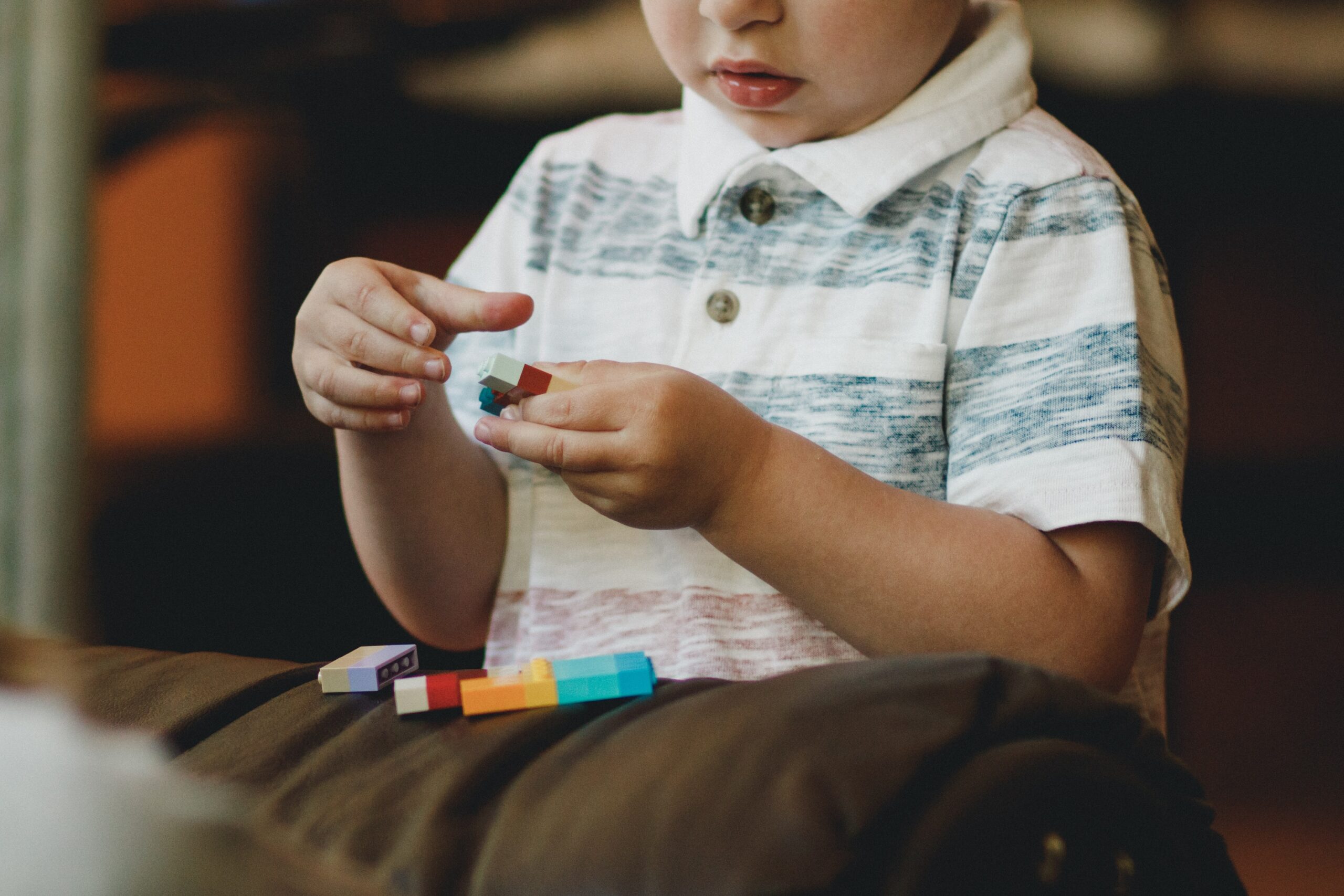
Getting the news that your child has autism can take a lot of adjustment, especially if you’ve never had any true experience knowing or interacting with someone with autism. The term autism actually encompasses a wide range of disorders that affect an individual’s mental functioning. Typically though, children with autism have difficulty communicating clearly with others from an early age. They often have social delays when it comes to common milestones. They also tend to have behaviors that are repetitious. They crave routines and are particular about the arrangements of their belongings. They may avoid eye contact or interaction with others. Parents often notice that autistic children seem to be lost in an inner world. If your child is diagnosed with autism, here are ways that you can help them now that you know where to start.
Ask an Expert About the Level of Support Your Child Needs
Every child with autism is unique. The severity of the condition and your child’s particular needs and routines will vary from that of other children. You should find out what amount of support will be most beneficial to meet your child’s needs. You may be able, to begin with, early intervention services that are offered at the federal level up to the age of 3. Your child may also benefit from providers who can come to your home to work with them. You can also inquire about schools and facilities that offer comprehensive services from a young age to help your child to be successful.
Establish an Ideal Environment for Your Child
A child with autism thrives when routines are established. Make sure you have structure at home. You should have a set time when your child gets up and goes to bed every day. Perform the same routines to get ready in the morning and at bedtime. Create a schedule throughout the day if your child is at home. If your child is going to school, emphasize the need for structure. You can also post visual aids in your home as a tool for communication. Use them throughout the day as you go through your normal tasks together.
Find Out What Services Target Your Child’s Needs
Your child may need a wide range of services in addition to life at home or school. A speech therapist, occupational therapist, and physical therapist are only a few of the professionals who can focus on helping your child to develop necessary skills. ABA adaptive services can be helpful in encouraging positive behaviors while discouraging negative ones. In some cases, all of these services may be provided in an educational setting. You can ask for extension activities you can do at home to remain consistent.
Take a team approach when it comes to working with a child with autism. This is not a time when you should try to go it alone. Reach out to others to find effective solutions. You’ve heard that two heads are better than one. A variety of perspectives can benefit your child and how best to help them learn and manage their diagnosis. Plus, remember that you’re not alone. If your child has been diagnosed with autism and you took Tylenol during your pregnancy, for example, you can reach out to specialists like ActionMatters.org to get additional help and work towards claiming compensation through a lawsuit. Get help wherever it is offered for anything you need.


